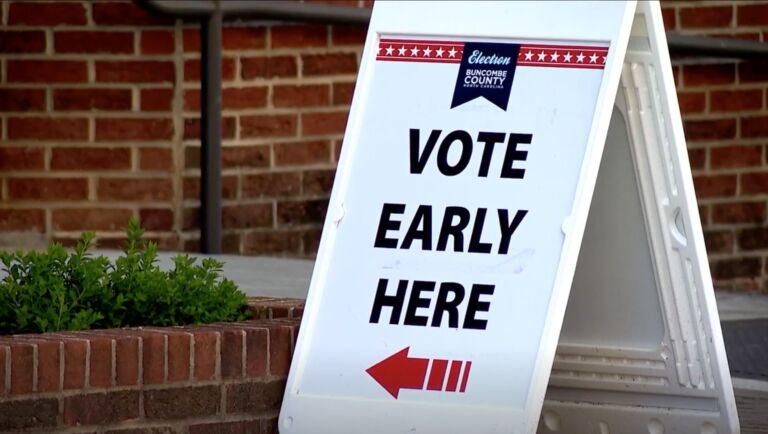The Republican majority in the North Carolina General Assembly (specifically the Senate) is using the budget process to press some policy goals.
One of those proposed changes in policy is to require the North Carolina State Board of Elections (SBE) and county boards of election to report incidents of election fraud to the State Bureau of Investigation. It also requires the Bureau of Investigation and district attorneys to investigate those incidents (page 232 of the proposed Senate budget):
It shall be the duty of the State Bureau of Investigation and the district attorneys to investigate any violations of this Article arising from frauds, and the State Bureau of Investigation and district attorneys are authorized and empowered to subpoena and compel the attendance of any person before them for the purpose of making such investigation. The State Bureau of Investigation shall furnish the district attorney a copy of its investigation. The district attorney shall initiate prosecution and prosecute any violations of this Article.“
This change would be welcome. Part of the problem with our current system for investigating election fraud is that the Bureau of Investigation and district attorneys are often negligent in investigating and prosecuting election fraud, as former SBE executive director Gary Bartlett noted (York Dispatch):
“We’ve reported it. We’ve had the (State Bureau of Investigation) turn us down,” Bartlett said. “There have been referrals (to local prosecutors) and nothing has been done.”
Making investigating and initiating prosecution of election fraud a “duty” rather than an option would help nudge those officials in the right direction of working to protect voters from fraud. Election fraud is often difficult to detect and prosecute, causing investigators and prosecutors to avoid those cases.
Republicans also like the idea of having investigations handled by “a completely neutral party” rather than the SBE, which is controlled by whichever party controls the governor’s mansion (AP).
The bill would not completely absolve the SBE of investigating allegations of election fraud. They would still need to do so in order to be able to decide if they can certify the results of elections tainted by allegations of fraud.
Final note: While the goal of putting more teeth into criminal investigations of alleged election fraud is laudable, this is a policy question and should go through the vetting process in elections-related committees rather than through the budgeting process.


